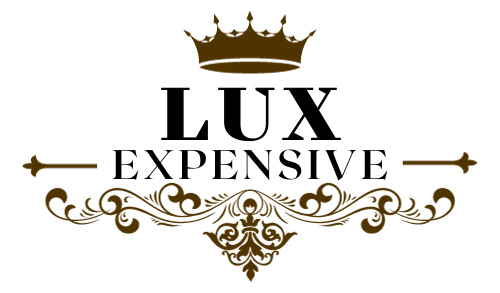Jeeps are expensive because of high demand for the iconic brand, ever-increasing off-road capabilities and safety features, and major investments to upgrade U.S. factories - all of which sustain strong pricing power as loyal buyers are willing to pay premium prices for these legendary 4x4s.
Jeep is an iconic American automotive brand that has been producing capable off-road vehicles since the 1940s. Over the decades, Jeeps have earned a reputation for their durability, 4-wheel drive performance, and open-air fun. However, in recent years, the prices of new Jeep models have crept up into premium territory, leaving some buyers wondering – why are Jeeps so expensive?
Top 10 Reasons Why Jeeps Are So Expensive
1. Demand is High for Jeep Brand
Part of the reason new Jeeps command such high prices is that demand continues to be very strong for the vehicles. As one of the most recognizable SUV brands, Jeep has a lot of cachet among buyers looking for adventure-ready rides. With buzz still around classics like the Wrangler, demand supports higher pricing.
2. Advanced Off-Road Technology Drives Up Costs
No longer simple utility vehicles, today’s Jeeps are packed with advanced off-road equipment like terrain management systems, electronic locking differentials, Dana axles, and sophisticated four-wheel drive systems. Engineers have built Wranglers to conquer the rugged Rubicon Trail right off the dealer lot. That level of capability comes at a steep R&D cost.
3. New Safety Features and Driver Aids
Like all modern vehicles, new Jeeps need to comply with stringent safety requirements and offer high-tech driver convenience features. From airbags to automatic emergency braking to parking assist sensors, these systems improve the ownership experience but add complexity and expense to build.
4. More Luxury and Technology Content
Jeep interiors have evolved considerably from the spartan configurations of the past. With each new generation, designers add more soft-touch materials, infotainment technology, and upscale features. For example, the latest Grand Cherokee SUV offers quad-zone climate control, digital displays, and premium stereo systems putting it on par with European luxury makes.
5. Strong Resale Value Means Higher Prices
Data shows that Jeeps tend to hold their value very well in the used market thanks to brand reputation and model longevity. For example, after 5 years, the Wrangler retains about 57 percent of its original sticker price according to some estimates. Strong resale value equates to higher starting prices for new models.
6. Rising Production Costs in the U.S.
Jeeps have been manufactured in Toledo, Ohio since the Willys-Overland era. However, domestic production costs have climbed over the decades — especially for labor. Rising wages and healthcare expenses contribute to each new Jeep carrying more built-in cost than equivalents produced overseas.
7. Major Investments to Upgrade Factories
Fiat Chrysler has invested over $2.8 billion into renovations and upgrades at its iconic Toledo Assembly Complex over the last decade. The latest investments focus on preparations for next-generation Wrangler production along with adding capacity for upcoming models. Those fixed costs need to be distributed across the price buyers pay.
8. Lower Sales Volumes Compared to Other Automakers
Since Jeep focuses specifically on SUVs rather than a full-line of cars and trucks, its total vehicle production volumes are lower compared to giants like Ford and GM. Without economy of scale, profit margins need to be higher per unit sold in order to remain competitive in the global auto industry.
9. Tariff Pressures Raising Prices
Recent trade tensions mean automakers like Jeep face higher raw material costs and retaliatory tariffs adding thousands to the sticker prices. For example, China raised import duties on American-made cars as part of the escalating trade war. These economic factors also impact pricing decisions.
10. High Consumer Demand Sustains Pricing Power
The ultimate reason Jeep SUVs remain expensive is that strong demand from enthusiastic buyers supports elevated pricing power. For loyal off-roading fans, factors like brand image along with capabilities make Jeeps worth premium price tags within the thriving SUV segment. As long as demand stays robust, sticker prices are likely to stay high.
Is Jeeps a Good Brand?
Yes, Jeep is an iconic American SUV brand with a reputation for off-road capability, open-air fun, and durability built up over nearly 80 years of production. Jeeps retain good resale value thanks to brand loyalty.
Are Jeeps Good?
Jeeps are excellent adventure vehicles offering exceptional 4-wheel drive performance for conquering tough terrain along with a fun open-air driving experience. Active lifestyles fit Jeep’s rugged, go-anywhere character.
Are Jeeps Worth the Price?
For serious off-road enthusiasts, Jeeps offer impressive capability that warrants the higher pricing. Investments to upgrade factories and advanced 4WD systems make Jeeps very worthy for buyers wanting outdoor-ready rides.
Where To Buy Jeeps?
As an established auto brand, Jeep SUVs are sold widely at dealerships across the U.S. including Chrysler Dodge Jeep Ram network. Online research helps buyers access local dealer inventory and pricing for new and used models.
